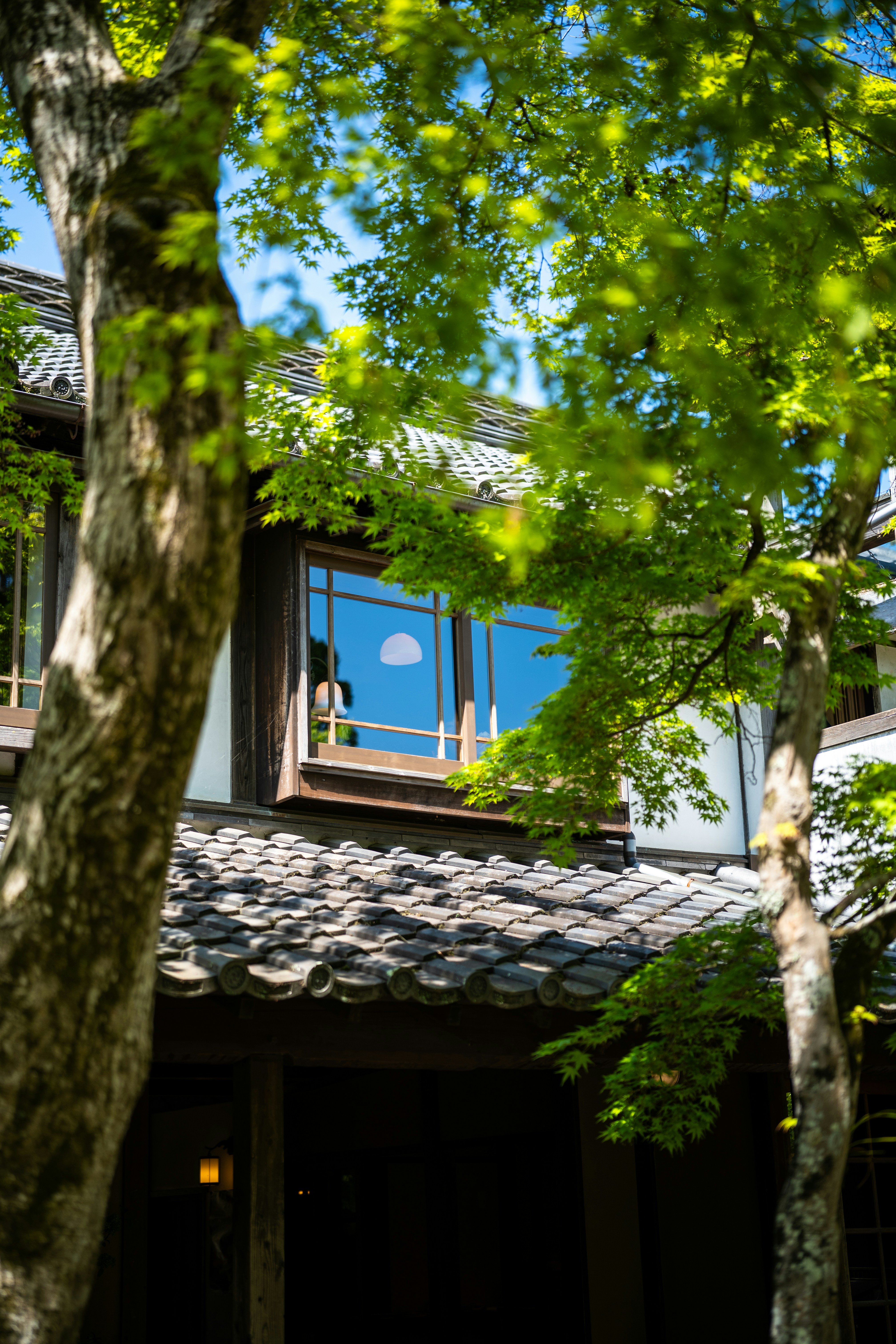What Is an Akiya? A Beginner’s Guide to Japan’s Abandoned Homes

Introduction
If you’ve been scrolling through TikTok or reading headlines about free houses in Japan, you’ve probably come across the term “akiya” (空き家). But what exactly is an akiya—and why are there so many of them in Japan?
In this beginner-friendly guide, we’ll explain what akiya are, why they exist, and how people (yes, even foreigners!) are turning these forgotten homes into dream properties.
🏠 What Does “Akiya” Mean?
In Japanese, “akiya” simply means “vacant house.”
But it’s more than just an empty building—akiya usually refers to homes that have been abandoned or unused for a long period of time, sometimes decades.
They can range from:
- 100-year-old kominka (traditional farmhouses)
- Concrete post-war homes
- Suburban properties that families moved out of
- Mountain cabins, island homes, and more
Some are falling apart. Some are in surprisingly good shape. And many are just sitting there, waiting for someone to bring them back to life.
📈 Why Are There So Many Akiya in Japan?
Japan is currently facing a population crisis, and the real estate market reflects it. Here’s why akiya are everywhere:
- Aging population – Many homeowners pass away, and their children live in cities or overseas, uninterested in inheriting a rural home.
- Urban migration – Young people are moving to Tokyo, Osaka, and other cities for work, leaving behind their family homes.
- High demolition costs – It’s expensive to tear down a house in Japan. Sometimes it’s cheaper to leave it standing—even if no one uses it.
- Complex inheritance laws – If multiple heirs don’t agree on what to do with a home, it can sit in legal limbo for years.
As of Japan’s latest housing survey, there are over 8 million akiya across the country—and that number is still growing.
💰 Are Akiya Really Free?
Sometimes—yes.
Many municipalities and private owners list homes on akiya banks (official property databases), with some properties offered for free or nearly free. Others cost as little as ¥100,000 (~$650 USD).
The goal isn’t profit—it’s revitalization. Local governments want new residents to move in, pay local taxes, start families, or even open small businesses. Akiya programs are a way to breathe life back into aging towns.
🌏 Can Foreigners Buy an Akiya?
Short answer: Absolutely.
Foreigners can own property and land in Japan, even without residency or citizenship. You’ll need a passport, potentially a Japanese address or representative, and the ability to handle the paperwork (usually in Japanese). That’s where FreeAkiya.com comes in—we help make the process smoother, simpler, and more accessible.
✨ Why Are People So Interested in Akiya Now?
Akiya are getting attention globally for a few key reasons:
- Affordability – You could own a home in Japan for less than the cost of a used car.
- Freedom – Renovate it into a vacation house, Airbnb, remote office, or off-grid sanctuary.
- Adventure – Moving to the Japanese countryside offers a peaceful, unique lifestyle.
- Cultural connection – Many people are drawn to Japan’s architecture, food, nature, and traditions.
🏡 Final Thoughts
An akiya isn’t just an empty house—it’s an opportunity.
Whether you’re dreaming of escaping the city, starting fresh in a rural village, or investing in international property, Japan’s abandoned homes offer more than just cheap real estate. They offer potential, purpose, and a story waiting to be rewritten.
At FreeAkiya.com, we’re here to guide you through the process—from finding your perfect match to understanding the paperwork and renovation steps. Your future home in Japan might already be out there… just waiting for you to find it.